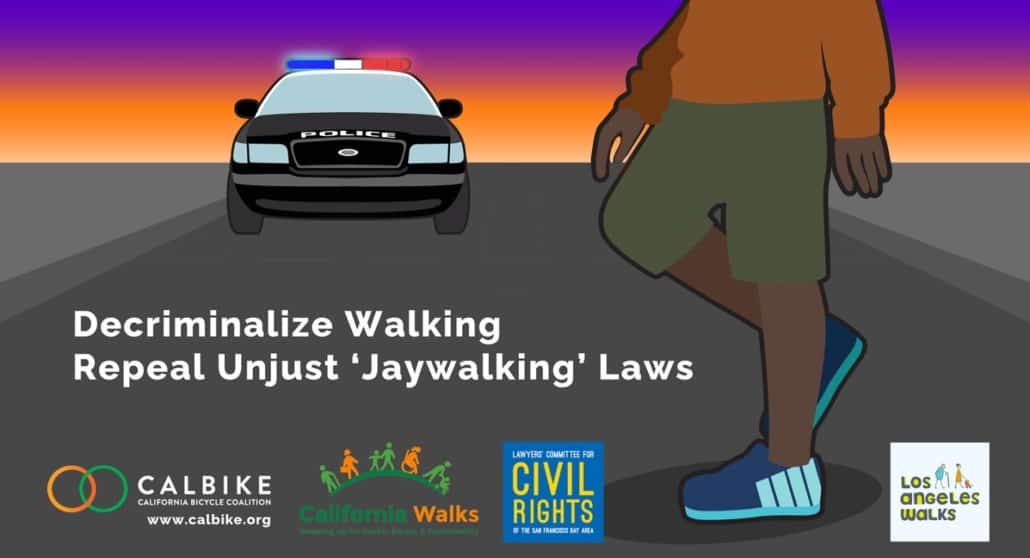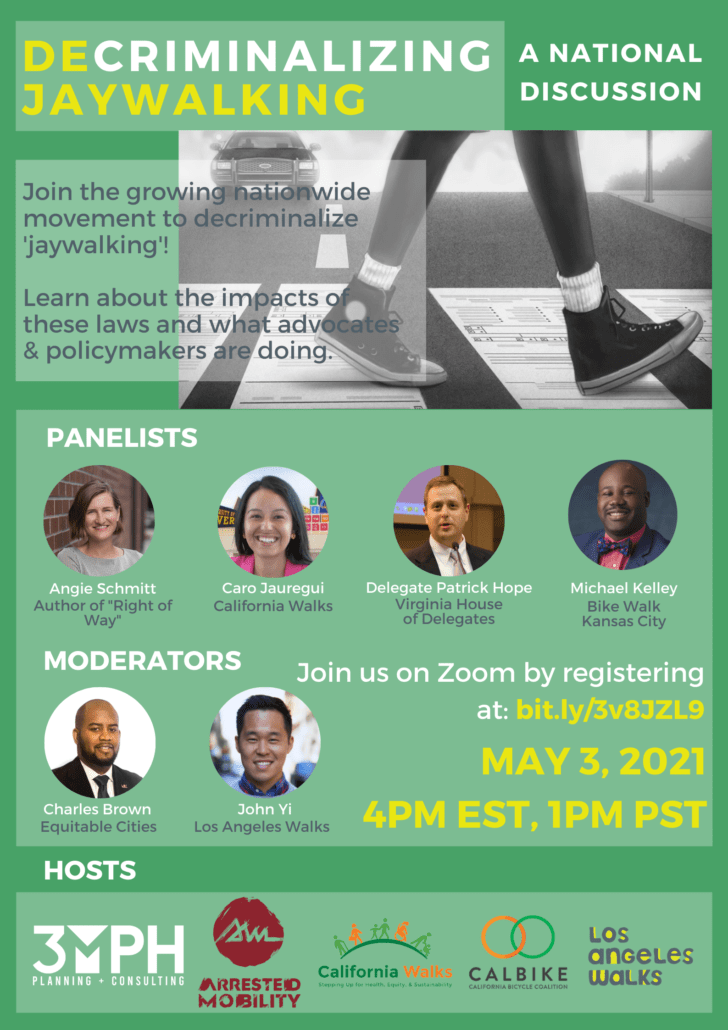CalBike Insider: The 12-bill limit, a status report, and CalBike in the news
Some of the most significant work to further better biking, active transportation, and healthy communities in California happens out of the spotlight. CalBike Insider shines the light on some of these critical developments in Sacramento and beyond.
The 12-bill limit puts a damper on the 2021 legislative session
COVID-19 put a severe crimp in the 2020 California legislative session, reordering priorities and forcing many good bills to wait another year. And the pandemic is still affecting legislation in 2021. It’s the justification for a new rule: each assemblymember and senator can only move 12 of the bills they authored out of their house of origin. The pandemic has made debate harder, so the legislature simply won’t consider as many bills. This is further evidence that our system for keeping the essential work of government moving in a crisis is suboptimal.
Status report: where are the bills to watch?
Today marks the deadline for bills introduced by one House to be approved by a majority of its members to advance to the second House. All of CalBike’s bills happened to be Assembly bills this year. Our three sponsored bills passed the Assembly; we went 3-1 on the bills we actively supported and 0-1 (so far) on a bill we opposed. CalBike is working hard to help create the world you want to see while working within a system that is not nearly as small-d democratic as we might like it to be.
The imposition of deadlines can force votes before legislators have a chance to fully understand the implications of the bills. We’re sure that’s why the bill we opposed passed so readily. The assemblymembers did not know its impact. Thankfully, the schedule is more generous while the bills are in the second house, giving us time to educate the Senators. Committee meetings will start in a week and continue until July 16, and then a one-month recess will provide some breathing room before the legislators return to vote on the bills in late August.
The distribution of power in the California legislature
Another undemocratic factor is the power of key legislators. It’s bad enough that merely 40 people in the Senate represent nearly 40 million Californians; it’s worse that a few of those elected officials (usually the ones who can raise lots of money) have extreme power compared to their colleagues. The Appropriations Committee is a good example. Its Chair has nearly independent control over whether a bill gets out of the committee and onto the floor where the members have a chance to vote on it. Two of the bills we love suffered harm in Assembly “Approps.” The committed killed bill to allow speed safety systems outright and weakened our e-bike affordability program through amendments, both without public debate. Even if the leaders of these committees are fantastic representatives who usually fight for everything we love, the process is not very democratic, and we wish that it were.
For details on these bills, and others, see our halftime legislative agenda update.
CalBike in the news
CalBike’s E-Bike Affordability Program has been getting the attention of the press. An editorial in support of the E-Bike Affordability Program was picked up across California and beyond:
CalMatters | Desert Sun | MSN | Davis Enterprise | San Francisco Patch | Lompoc Record
Our bill to decriminalize jaywalking also generated headlines as it passed the Assembly. And Streetsblog ran a piece on our petition in support of ending parking minimums for new buildings near transit (AB 1401, Friedman). You can add your name to the petition here.
E-Bike Affordability Program on Chinese news:
Read past editions of the CalBike Insider.




